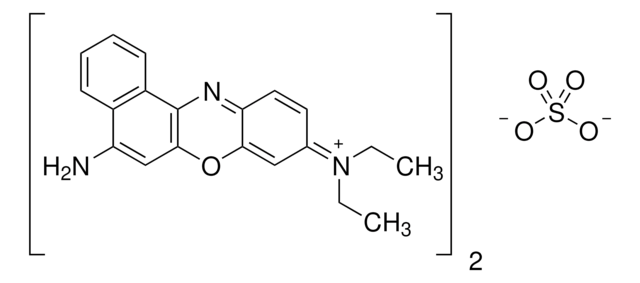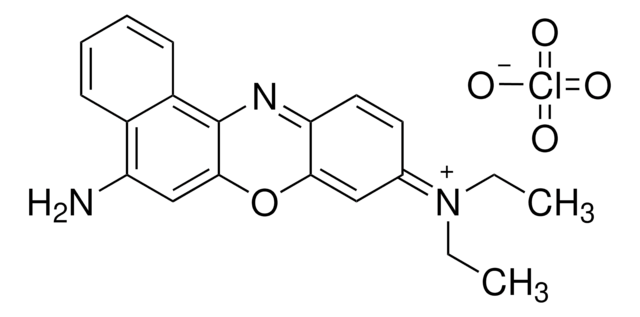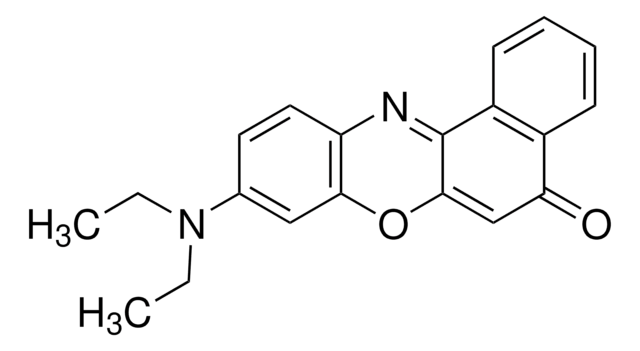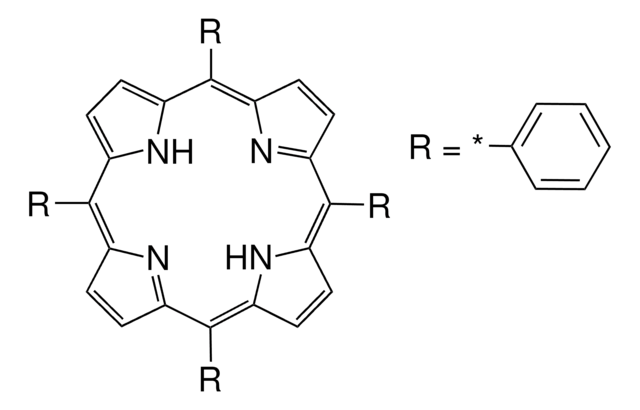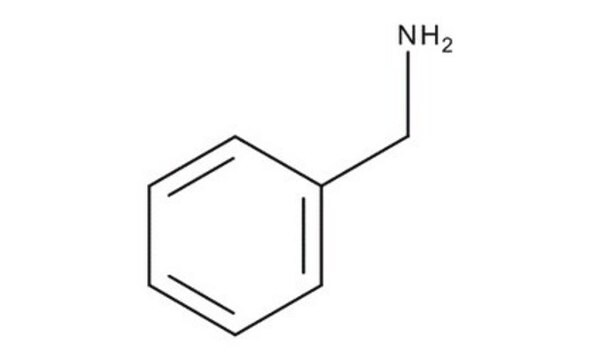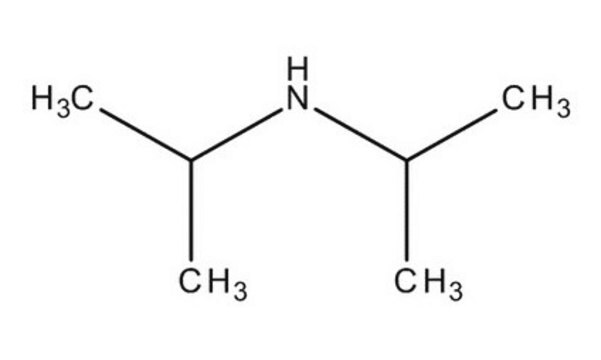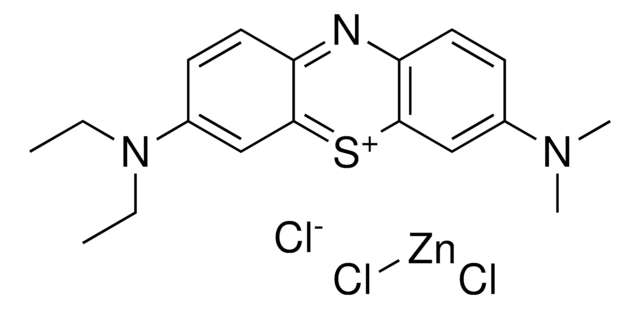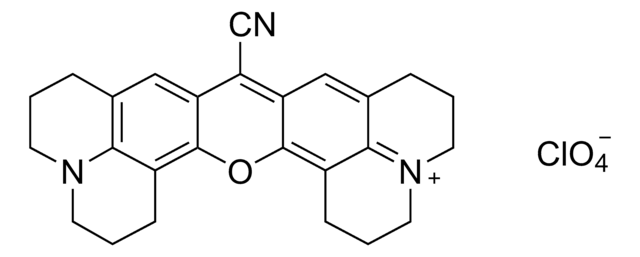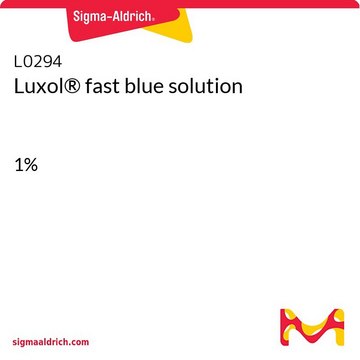About This Item
Recommended Products
form
powder
Quality Level
composition
Dye content, 85%
solubility
water: 1 mg/mL, opaque, blue to very deep blue
λmax
638 nm
application(s)
diagnostic assay manufacturing
hematology
histology
storage temp.
room temp
SMILES string
[Cl-].CC\[N+](CC)=C1/C=CC2=Nc3c(OC2=C1)cc(N)c4ccccc34
InChI
1S/C20H19N3O.ClH/c1-3-23(4-2)13-9-10-17-18(11-13)24-19-12-16(21)14-7-5-6-8-15(14)20(19)22-17;/h5-12,21H,3-4H2,1-2H3;1H
InChI key
SHXOKQKTZJXHHR-UHFFFAOYSA-N
Looking for similar products? Visit Product Comparison Guide
Application
Biochem/physiol Actions
Storage Class Code
11 - Combustible Solids
WGK
WGK 3
Flash Point(F)
Not applicable
Flash Point(C)
Not applicable
Personal Protective Equipment
Choose from one of the most recent versions:
Already Own This Product?
Find documentation for the products that you have recently purchased in the Document Library.
Customers Also Viewed
Our team of scientists has experience in all areas of research including Life Science, Material Science, Chemical Synthesis, Chromatography, Analytical and many others.
Contact Technical Service